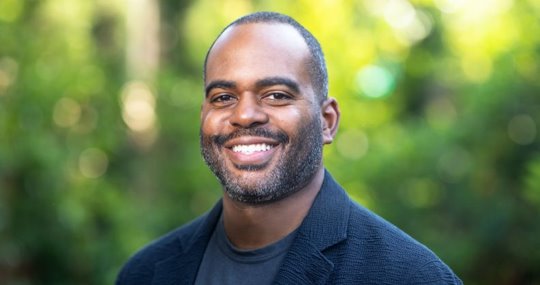Creating a Fairer and More Equitable Workplace

On average, just 18% of top leadership positions—including C-suite roles and those of vice president, director, and senior manager—are held by women. When the gender parity gap is closed, everyone wins: Gender diverse companies are 15% more likely to outperform peers and women reinvest 90% of their incomes into families and communities, thus adding half a trillion dollars to the U.S. economy and $12 trillion to the global GDP.
Girl Scouts of the USA (GSUSA) believes that gender should not be a barrier to equal opportunities for leadership and success. Equally important, girls need to believe they can put the leadership skills they learn through the Girl Scout experience to work in the world they inherit.
Today’s girls are tomorrow’s leaders. To help fuel the leadership pipeline, Girl Scouts of the USA is calling on their vendors and business partners to focus on strategies that ensure a diverse workforce with equal pay. Girl Scouts of the USA is challenging their vendor partners to achieve pay parity and 30% diverse female leadership by the year 2030.
The Girl Scouts’ Fair Play, Equal Pay® Gender Parity Initiative was launched in 2019. So far, 29 GSUSA vendors have signed on to participate in the initiative which consists of four components: pledge, assessment, certification, and enablement. No other gender parity program provides as complete a package to assist companies in fostering a gender-friendly workplace environment of diverse senior female talent.
GSUSA worked with Women in Governance to develop a flexible and comprehensive assessment platform. First to participate in the assessment is GSUSA vendor partner, Zoom. Damien Hooper-Campbell, Chief Diversity Officer of Zoom, has spent years leading and advancing diversity, equity and inclusion initiatives. His experience in using the assessment is insightful. “I want to applaud Girl Scouts and Women in Governance for the rigor they have applied to this process and effort. With some assessments, you can simply check the box, and are then allowed to move forward. Now with this assessment, you have to actually have supporting documentation. I have a great deal of respect for Girl Scouts of the USA and Women in Governance who are holding organizations accountable, and are creating systems that ensure they can validate their responses, proving they are true.”
Damien continues, “The supporting documentation forced our team to dig even deeper with our compensation and HR analytics teams to make sure we had the data, to assess the data and make sure it was structured in the way that was asked for in the survey. This process helped us build internal relationships, go deeper and look at our data in a different way.”
As far as overall benefits of participating in Fair Play, Equal Pay®, Damien notes, “In the longer term, I think our alignment with this commitment, this process, this survey, will help bolster things we were already committed to in terms of pay equity, and all other kinds of equity, across gender or race or ethnicity or other dynamic identities.”
The assessment is just one part of Fair Play, Equal Pay®. Ultimately, GSUSA is looking to achieve the goals of the 8th, 9th and 10th grade girls who participated in planning for the future of Girl Scouts and identified civic action and women’s issues as what was most important to them. Here is what they said about civic engagement: “To us civic action, women’s issues, means every day in the workforce women are shut down and pitted against each other or seen as lesser than their male counterparts. They should be supporting each other as women, given the same pay and same rights as men, and fighting for what they deserve. Women need to express themselves and their voices.”

